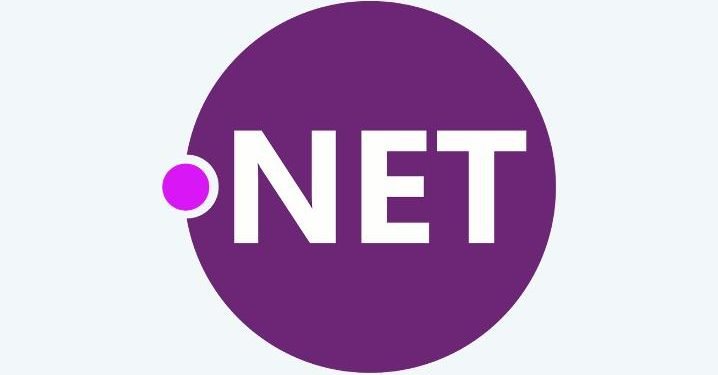.NET is a software technology founded by Microsoft Corporation. Next Generation Windows Services was the moniker given to it when it was initially created in the late 1990s (NGWS). But over the years it has been actively developing, and the first beta version of .NET 1.0 was released at the end of 2001. The initial iteration of the.NET Framework, which offered managed code for Windows NT 4.0, 98, 2000, ME, and XP, was also released in 2002. Starting with the original version, the company introduced nine more updates to the .NET Framework, seven of which came with an updated Visual Studio format.
.Net for Beginners: What You Should Know First
Open source .net development for multiple application development: web, mobile, desktop, web, and games. With such a distributed field of use, there are many misconceptions about .NET, so in this article, we have collected and tried to debunk the most popular and common myths surrounding the .NET framework.
- Learn C# or another .net-compatible language. To use the .NET platform, a developer must first understand the basics of one of the programming languages, such as C#, C++/CLI, Cobol, F#, or Visual Basic.
- Determine which .NET technology you want to learn first. The .NET framework has various tools, including .NET Core, the .NET Framework, and .NET for mobile, such as Xamarin and Mono. And having chosen, consider your requirements and needs for future growth in the profession.
- Download the Visual Studio Code Community version. As an Integrated Development Environment (IDE) for your .NET applications, Visual Studio Code is perfect.
- Select the required version of .NET. You can choose any version of .NET and it’s completely free.
- Experiment with .NET tutorials. You can start learning about .NET with this Hello World tutorial, and you can also find a lot of other useful information.
- Take a course or read a book. To consolidate and improve skills, take courses, read books, and other useful resources.
Myths About the .NET Framework

1. .NET Applications Can Only Run on Windows
This was true when .NET was first introduced. The purpose of the technology was to help build solutions for Windows and its applications. However, now web applications built using .NET can also be hosted on any Linux-based hosting. In addition, .NET MAUI allows you to add .NET-based applications to macOS. Xamarin would also be a wise option for running an app on an iOS or Android smartphone.
2. .NET is Intended For Enterprise Solutions Only
Corporate solutions for financial and banking institutions, insurance firms, and other businesses may be created with ease using .NET. It is a reliable and secure framework when it comes to handling large amounts of data and heavy workloads.
3. .NET is Not Open Source
This statement was true for 12 years. However, Microsoft’s policy changed and they opened the code for the backend of the platform. And this period was an absolute success both for the company and for .NET in particular. The number of features of the frameworks began to increase, and after that numerous partnerships were announced, including Linux and Xamarin.
4. .NET License Is Expensive
For Linux, macOS, and Windows,.NET is an open platform with no license fees and cost-free development tools. The programming languages, compilers, libraries, and applications that make up the .NET platform are free. There are no license costs, including commercial use. The latest versions of .NET are open source and supported by Microsoft and the .NET community on GitHub.
5. .NET is Not Suitable For Game Development
This is a false statement! Because .NET is widely used in game development and is cross-platform and consists of many tools, libraries, and programming languages. Ideal for both 2D and 3D games and works with game engines such as Unity, Monogame, Stride, NeoAxis, and many more. Some are pure .NET, others are a mix of .NET and C#. In 2021, ASP.NET was among the most popular technology skills in the .NET C# technology stack, occupying 40%.
6. .NET is Too Slow
.NET is one of the fastest web development frameworks. With .NET 6, software engineers are seeing high performance with low memory usage. This is a great solution for business, as it saves development time and, accordingly, is financially beneficial.
Conclusion
Contrary to all the myths, .NET continues to be one of the most popular frameworks with high performance and tons of benefits for the organizations and software developers who use it. .NET, together with C#, is constantly evolving and improving to demonstrate its versatility and high efficiency in creating products and services for different sectors and purposes.












